Prescription Drug Resources
What are Opioids?
Opioids are powerful prescription painkillers. Examples of commonly prescribed opioids include Oxycontin, Percocet, Vicodin, Tramadol, and Fentanyl.
Why are Opioids Prescribed?
Opioids are prescribed to treat acute injuries that happen suddenly, such as a sprained ankle or strained back, or to treat chronic pain that happens over time. There are alternatives to opioid pain relievers; discuss options with your doctor.
Tips for Safe Use of Prescription Drugs
Ask your doctor if any medications prescribed have risks for abuse; ask, “is this an opioid?” and ask about available alternatives.
Request an 8-12 hour dose to administer at home to avoid taking medication during work or school.
Parents: Talk to your teen about the dangers of substance misuse and prescription drug overdose. Be clear about your expectations about drug and alcohol use and support the healthy decisions they make. Visit ParentUpVT.org for support in having these conversations.
Parents or guardians should control dispensing pain medications and keep them in a safe, non-accessible location. See tips for storage »
Only use medications as they are prescribed and don't share medications with others.
Take a break from using other substances, especially alcohol, while you are taking prescription opioids. Mixing opioids with other substance can be dangerous and a potentially deadly combination.
Opioids may cause drowsiness and slowed breathing, and impair judgment; avoid driving or operating machinery while taking this medication.
It is common to experience mild to moderate withdrawal symptoms after reducing dosage or stopping use of a prescription opioid. These symptoms, which are temporary, may include: restlessness and anxiety, muscle and bone pain, insomnia, diarrhea, nausea and vomiting, and chills.*
Know the Risks
It is possible to build a tolerance to opioids, which means additional medication is required to relieve the same pain. Prescription opioids carry several risks including possible misuse, addiction, and overdose.
Misuse
Opioid misuse behaviors can vary but include:
- Taking an opioid that was prescribed to someone else, even if you’re taking it to reduce your own pain
- Taking a higher dose of an opioid than you were prescribed, or taking your medication more often than prescribed
- Taking an opioid to get high
What does Opioid Misuse Look Like?
- Physical signs include drowsiness, fatigue, weight loss, changes in pupil size, slurred speech, and slow breathing.
- Other signs may include changes in one’s finances, dramatic mood changes, lower grades, changes in friends, changes in sleep, and loss of concern about appearance.
- Be aware of missing pills or medication bottles from your home.
Addiction
Opioid misuse behaviors can vary but include:
- Opioid addiction can be a lifelong problem, and can start with just one prescription.
- Children and youth have a higher risk of future addiction if they take opioids when they are young.
- For youth, opioid addiction may start when a doctor prescribes opioids following an injury, through having access to painkillers in the family medicine cabinet, or by borrowing them from friends.
Signs of Substance Use Disorder
- Using more of a substance than intended or using it for longer than you’re meant to.
- Trying to cut down or stop using the substance but being unable to.
- Experiencing intense cravings or urges to use the substance.
- Needing more of the substance to get the desired effect — also called tolerance.
- Developing withdrawal symptoms when not using the substance.
- Spending more time getting and using drugs and recovering from substance use.
- Neglecting responsibilities at home, work or school because of substance use.
- Continuing to use even when it causes relationship problems.
- Giving up important or desirable social and recreational activities due to substance use.
- Using substances in risky settings that put you in danger.
- Continuing to use despite the substance causing problems to your physical and mental health.
Source: Gateway Foundation
Overdose
- The risk of overdose increases dramatically when combining prescription opioids with other prescription drugs or alcohol.
- Use your prescription only as prescribed to minimize the risk of overdose.
- Learn how to recognize signs of an opioid overdose and take action to save their life at the Vermont Department of Health.
"Narcan"
- Naloxone, or “Narcan,” is a drug, typically found in a nasal spray, that can temporarily reverse the effects of an opioid overdose.
- If you are worried about opioid overdose, Narcan can be found at your local pharmacy or free at your local Turning Point center.
- Learn more about lifesaving naloxone and preventing overdose at the Vermont Department of Health and the Centers for Disease Control and Prevention.
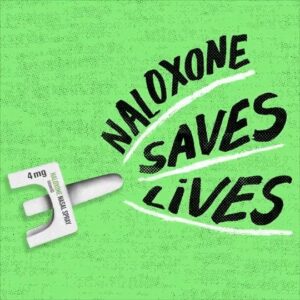
Addiction Treatment Resources
If you or a loved one are in need of treatment for opioid misuse or addiction, there are options:

Visit your local Turning Point Center
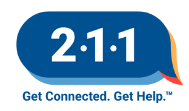
Call 211 to speak to a specialist about treatment options in your area, or visit Vermont211.org
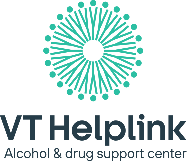
Call or visit VT Helplink at (802) 565-5465 or VTHelplink.org
Safe Storage of Prescription Medications
70% of teens and young adults who report misuse of prescription pain relievers are getting them from friends or family members. Follow these tips to make sure the young people in your life do not have access to the medications in your home.
All medications should be stored safely, such as in a locked box or locked medicine cabinet, to avoid accidental exposure or overdose. Regularly monitor and keep track of medications in your home, both prescription and over-the-counter.
Lockable storage boxes come in a variety of shapes and sizes, including travel bags, cases, and safes. Check out Medicine Safe for examples of products, or search for “medicine lock box” at your local retailer.
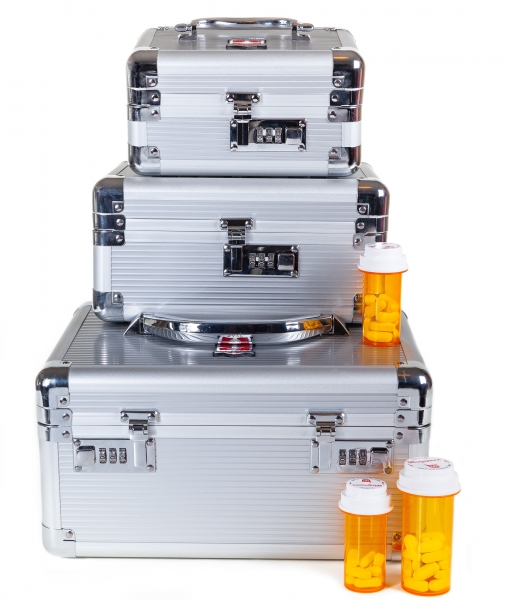
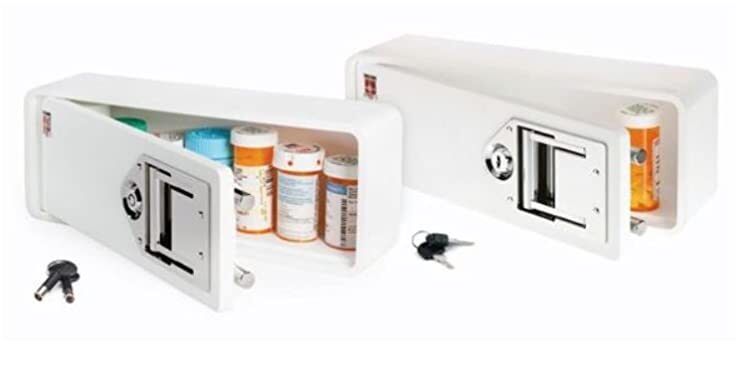
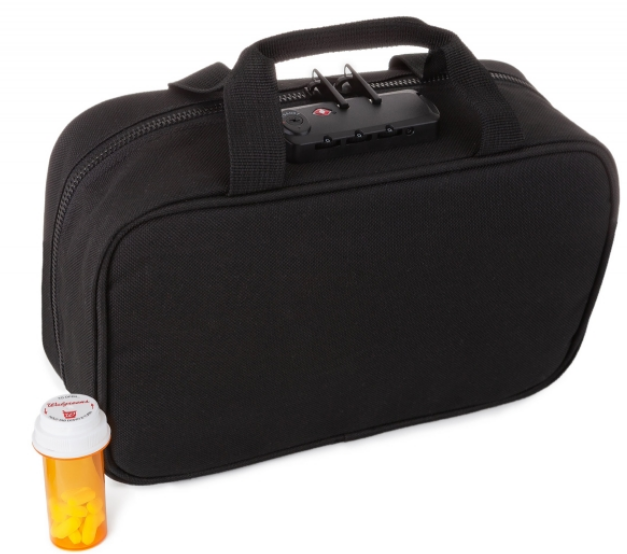
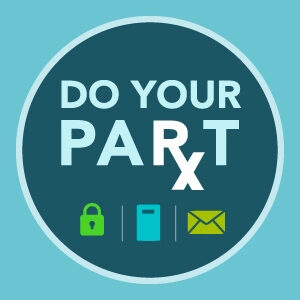
Safe Disposal of Unused Medication
Properly disposing of unused or expired medications reduces access by non-prescribed users and reduces pollution of town water systems and rivers, streams, lakes, and ponds. Medications should never be flushed down the toilet, washed down the sink, or thrown in the garbage.
- Never share or give away your prescription drugs.
- Unused medication should be disposed of in a secure medication drop off location immediately after stopping use.
- All local law enforcement agencies and Southwestern Vermont Medical Center take unused prescription medications.
- Vermont Department of Health offers free, pre-paid envelopes to mail back unused medications. Request an envelope via the Vermont Department of Health Website.
Local Disposal Locations by County
Note: Liquids and sharps are NOT accepted at most disposal locations. Visit the Vermont Department of Health website to learn how to safely dispose of liquids and sharps.
BENNINGTON COUNTY: Southwestern VT Medical Center • Bennington Police • Bennington Co. Sheriff • Manchester Police • Winhall Police • The Pharmacy, Inc. • The Pharmacy Northshire
WINDHAM COUNTY: Bellows Falls Police • Brattleboro Police • Wilmington Police • Windham Co. Sheriff • Green Mountain Pharmacy
WINDSOR COUNTY: Chester Police • Hartford Police • Ludlow Police • Royalton Police • Springfield Police • Windsor Police • Woodstock Police
For a full list of prescription drug disposal sites, visit the Vermont Department of Health website.
